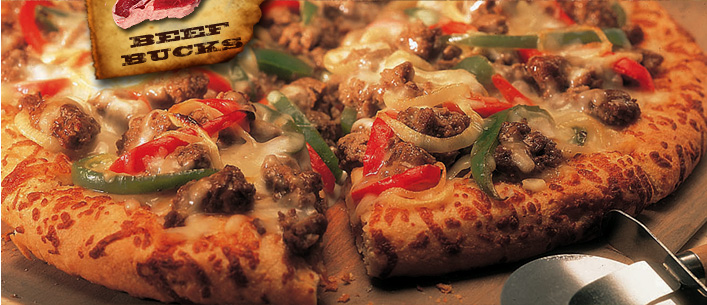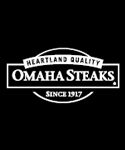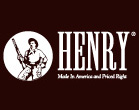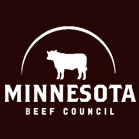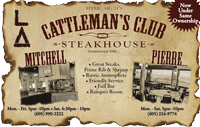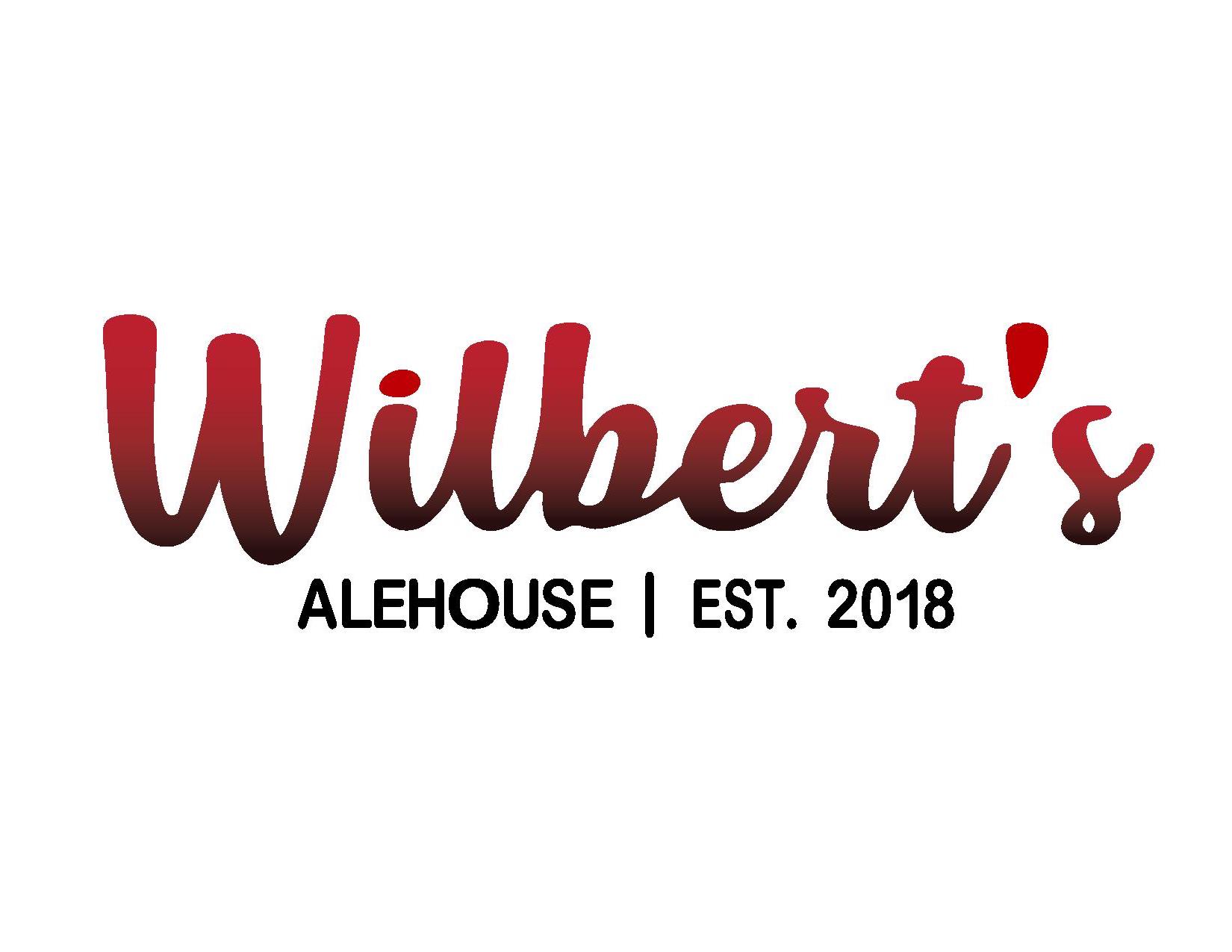 |

BASEBALL AND HARD HITS"Baseball bound the pages of my family's history, with a splash here and a splash there."
Hello to old ballplayers and fans.
I grew up in Wausau, Nebraska during the 40's and 50's when baseball was king and baseball players were little boys' heroes. My family was tied to baseball in a very tight fashion.
My grandfather, "Skinny" Pfeil, was a farmer, cattle feeder and gambler. His favorite type of gambling was to hire the best players he could find and then get all the bettors who bet against Wausau. In the process he hired Frank Phillips, a hard-hitting shortstop from Hoskins, Nebraska. After a game in Wausau, Frank met "Skinny's" daughter Harriet and they fell in love and were married.
Frank and Harried had a son (yours truly) just before Frank shipped out for North Africa during WWII. During a battle in Tripoli, Frank won a purple heart but lost a promising baseball career to an artillery shell. While in the VA Hospital, he wrote a book entitled E Company, which was later published. Connie Mack, the owner of the Philadelphia Athletics, heard about the young ballplayer whose career was cut short by the injury and gave Frank a job as a press agent for his team in Philadelphia. While working for Connie Mack, Frank wrote serial sports stories for Post and Colleirs magazines. In one of his stories, he had the Phillies winning the pennant on the last day of the season. The next year, the Phillies actually won the pennant the last day of the season. The next spring, Frank was invited to sit in the dugout with the team on opening day. They let Frank take batting practice and he hit two pitches out of the park. The insueing story was entitled "The Real George Plimpton Appears in Philly".
After this great start, Frank switched to writing western serials for the magazines. Before long, Frank was writing novels (mostly westerns) and when his career ended he had published 68 novels of which three were made into movies. This Hoskins, Nebraska reclusive man became Nebraska's most prolific writer that nobody had ever heard of simply because he never came back to Nebraska. It's still a story worth telling in Nebraska. Checking on Frank is easy. Frank O'Rorke, king of the western writers, is covered on the web.
I met Frank for the first time when I was 40 years old. One of the first things he wanted to know was if that old man ("Skinny") was still alive. He told me that he didn't play for "Skinny" in a big game that "Skinny" had a lot of money on the line. He said "Skinny" lost the bet and never forgave him. As you can see, baseball was never far-removed from the family. In fact, Frank lived in California and Arizona in the winter and Nisswa, Minnesota in the summer, where he owned a semi-pro baseball team (imagine that) and wrote novels well into the night during the Minnesota summers.
I asked Frank why he didn't use his last name, Phillips, instead of O'Rourke. His reply: Our Scotch-Irish ancestors came from Jackson County Missouri. Two brothers fought on the Union side and two fought on the Confederate side during the Civil War. Bad blood prevailed between both sides after the war. In fact, one brother joined the outlaw gang with Quantrill's Raiders and was probably killed during one of their raids in Kansas (at least they never heard from him again). Our forefather took an old family name (O'Rourke) and left for Nebraska, figuring they would never be looking for O'Rourke. Frank liked the name and just used it as a pen name. Thus, Frank O'Rourke was created.
My mother, Harriet, died in May of '94 from a fast-growing brain tumor. After the funeral, my two half-sisters and I were sitting around telling stories about the family, when sister Mary asked sister Alice, "should we tell him now?". What I found out was that my Mother, while she was able to sit up, would have her daughters read love letters from my Father to her. In them he begged her to join him at the Army bases when he was in training. To no avail, because "Skinny" told her to stay home where she belonged.
I had always been told that Frank took off for war and never returned, while the truth of the matter was that he was rebutted. As sister Alice said, your father was our mother's true love, not our father. Imagine my surprise!
A screenwriter read the box of letters and wept; saying, "What beautiful prose, from a famous writer." She mentioned The Bridges of Madison County as fiction, but this story spans three generations and a World War and is all true. "It must be written," she said.
I could write (not type) hundreds of pages of prose on this interesting family story, but I'm rambling a bit and must get to the gist of what you asked for. My point of these pages of family is simply this. Look how baseball was intertwined in all of it. Baseball bound the pages of my family's history, with a splash here and a splash there.
One of "Skinnyís" favorite pitchers was Kenny Goeden, a right-hander with a wicked curveball and an always present, big grin on his face. Kenny won most the time and "Skinny" didn't mind paying him a good amount of money. Kenny's brother, Don Goeden, was a tall; intimidating right-hander who threw a fastball so hard, fear was the only reaction most hitters could muster. He had a presence on the mound that included long, dark sideburns and an icy glare that preceded the delivery of a Nolan Ryan heater. After you were lucky enough not to get hit by a pitch, a strike-out was a big relief.
That was my reaction to my first bat against Don Goeden as a non-shaving, just turned seventeen-year-old greenhorn. As I walked back to the dugout thinking I should've stuck with the Junior Legion baseball and forgot about this semi-pro Elkhorn Valley Night Baseball League. But, how could you tell Will Eckdahl and the Town Board "no"?! As time progressed, I found out that nobody liked to bat against Don. There's just some pitchers that are in a league of their own and Don was one of these pitchers. Whoever he pitched for was always watched closely and if he started warming up, the opposing team would groan and kick the dirt. Don was in a class by himself! Nobody wanted to bat against him and it wasn't a secret.
Years later, while traveling to broadcasting events in Wayne, I would always run into Don and we would have so much fun talking baseball. The time would just fly by. I enjoyed it because I knew I was interviewing a baseball legend and would always treasure becoming a friend of his. Not only that, but also just the fact that he was smiling instead of glaring down from the mound before throwing a high, inside fastball. He'd always chuckle about "scaring us young batters with the high inside" heater.
Former pro baseball player (Chicago White Sox), voice of the Huskers, and legendary broadcaster Mark Amman and I were visiting about what a disgrace it was that Don wasn't in the Nebraska Baseball Hall of Fame. Mark told me that a group of old-timers were talking about Don's legendary fastball and they all agreed it probably was a 95 mph heater. Anyone who held a bat in front of Don will tell you it was the fastest pitch they'd ever seen. I'm one of those batters.
Let those batters come forward and help elect Don Goeden to the Nebraska Baseball Hall of Fame!
To do this, contact: Ken Prokop - 1120 Pearl Street - Wayne, NE 68787 - phone: 402-375-3657 - email: sprokop@live.com
< Back to Stories
|




